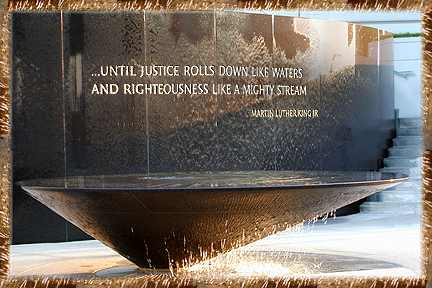What's the connection between a
Minnetonka based company,
Papua New Guinea and world food prices?
Palm oil is the connection, it's the most widely used
vegetable oil in the world. It's in a lot of foods that we don't even realize, cereal, breakfast bars, snacks and more. And 30% of it comes from the islands of Indonesia and
Papua New Guinea.
Cargill, one of Minnesota's largest companies is one of the largest producers of
Palm oil in the world. They have plantations on the island of
Papua New Guinea where they hire 15,000 workers for their plants seasonally. They extract the oil and then ship it to the US where it is processed and then put into foods on grocery sheaves in all but 3 countries.
Palms produce more oil per acre than any other plant like
Canola or soy by up to 50%. The large plantations feature rows of tall 4 to 6 year old
palms and workers who walk up and down the rows with long poles to snip off the fruits and send them tumbling to the ground where
the oil from their
kernels is extracted. For hundreds of years New Guineans lived like they had for 1,000 of years as
subsistence farmers. The island
residence speak over 800 distinct languages and has the world's 3rd largest
rain forest. In the 1960's the US government and World Bank decided to introduce a cash crop to the island to improve their standard of living. Now with more worldwide food shortages and an increase in food prices
Cargill and other local farmers are expanding their plantations into the treasured
rain forest. The company and the farmers argue they do this to improve their lifestyles and send their children to school but as the prices increase so will the amount of deforested
rain forest that can never be recovered. It is a
recurring problem that sometimes feels so far away for us, that is until your next visit to the
grocery store or bowl of General Mill's cereal.


